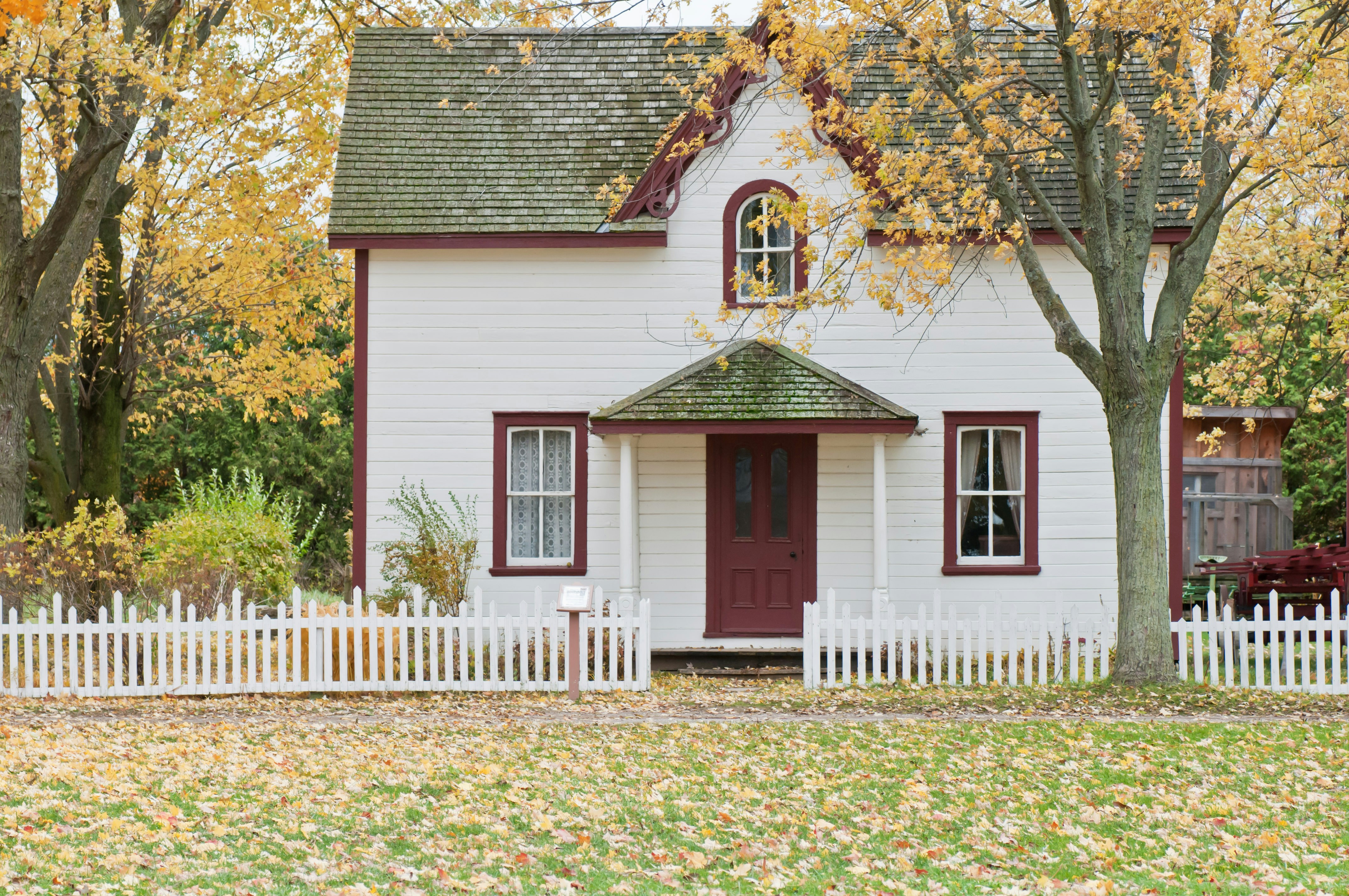A home is probably the most valuable asset you will own in your lifetime, so it’s important that you have a say in what happens to it after you die.
Homeowners are able to predetermine to whom their home is transferred through a legally binding will. But what happens to your home if you die without one? Let’s review.
Connecticut probate courts oversee the transfer of property
When a homeowner in Connecticut dies, the probate courts become involved to oversee the division and inheritance of the property.
If the descendant has a will in place, then the division of the estate will be executed accordingly.
(Note: A homeowner can also leave behind their real estate without going through probate by transferring it into a living trust, in which case the property would go to the trust’s beneficiaries. Some states allow real estate to be transferred with transfer-on-death deeds, but Connecticut currently does not.)
What happens to my home if I don’t have a will?
If a will is not in place, the estate will be divided by the probate court according to the state’s law of “intestacy.” Under intestate succession, who gets what depends on whether the descendant has living children, parents, or other close relatives when you die.
This article provides a good overview of what would happen in various succession scenarios. Here’s a quick rundown of how the probate court would handle common scenarios per state law:
- If someone dies with children but no spouse, their children inherit everything
- If someone dies with a spouse but no descendants or parents, their spouse inherits everything|
- If someone dies with a spouse and descendants from you and that spouse, their spouse inherits the first $100,000 of their intestate property, plus 1/2 of the balance; their descendants inherit everything else
- If someone dies with a spouse and at least one descendant from you and someone other than that spouse, their spouse inherits 1/2 of their intestate property, and their descendants inherit everything else
- If someone dies with a spouse and parents, their spouse inherits the first $100,000 of their intestate property, plus 3/4 of the balance; and their parents inherit the remaining intestate property
- If someone dies with parents but no spouse or descendants, their parents inherit everything
- If someone dies with siblings but no spouse, descendants, or parents, their siblings inherit everything.
In addition to overseeing the inheritance of the property, the probate court will first make sure that any debts of the decedent and taxes are paid prior to distributing the remaining assets of the estate.
Note: If you hold the deed in ownership with someone else as “joint tenants with rights of survivorship,” then the ownership automatically goes to the other owner(s). However, a release of estate liens needs to be obtained from the probate court.
What happens if the descendant had a mortgage balance? Who pays that?
When a homeowner dies with unpaid mortgage debt, the mortgage lender will still look to collect that unpaid debt, and if they’re unable to, they will foreclose on the home.
If someone cosigned the loan with the descendant, that co-borrower will take on sole responsibility for the mortgage, regardless of their legal right to ownership of the property.
If there is no co-borrower, the person or people who inherit the home can choose to take on the mortgage. Typically, when a mortgaged property transfers owners, the new owner is required to repay the full loan right away. However, there are laws in place to protect heir(s) of property that allow them to take over without paying the entire loan balance upfront.
This means that the heir(s) can continue making monthly payments by picking up where the descendant left off. Heirs are usually able to make mortgage payments to keep current, even if they haven’t yet legally assumed the descendant’s account.
Commonly what will happen is the surviving family members will make payments to keep the mortgage current while making arrangements to sell the home.
It should be noted that heirs are not required to take on the mortgage. If nobody assumes the mortgage, the lender will begin the process of foreclosing on the home.
Conclusion
It is highly advisable that homeowners have a will to predetermine what will happen to their home when they die, otherwise, they leave it in the hands of the state. If you haven’t yet created a will, we recommend starting by consulting an experienced estate planning attorney in Connecticut.




